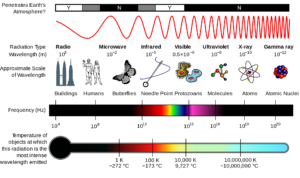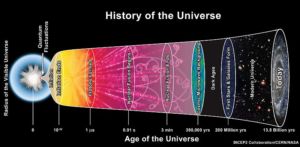light Archives » FindLight Blog
Circadian Lighting: Illuminating Solutions for Seasonal Depression
As the rhythm of daylight shifts with the seasons, our mood and energy levels often follow suit. In this article we look into circadian lighting, a forward-thinking solution designed to counteract the ...
LED Based Insect Traps: Perfecting the Choice of Wavelengths
Why are insects attracted to light? We often see insects buzzing around light fixtures outside, or find their remains in light fixtures when replacing a lightbulb. However, seldom we wonder why they are so ...
Prism Types and their Applications in Optical Systems
This is an extension on our prior blog post “Prisms: A General Overview” that can be found here. In this post, we will include a further discussion of various commonly used nondispersive prism ...
The Light Bulb: From Arc to Incandescent to Fluorescent to LED
Introduction The invention and utilization of artificial light was crucial to the development of civilization because it enabled humans to extend the length of the day. Today, certain light bulbs are ...
Photon/Solar Sail: Making Interstellar Travel Possible
From Star Wars to Star Trek, the idea of interstellar travel has always fascinated us. Today, scientists and researchers are looking for ways to turn the vision of interstellar travel into reality. One of ...
Nature of Light
In grade school, we have all learned that our universe is made up of three elementary particles: protons, electrons, and neutrons. Most don’t know that there is a total of 40 elementary species of ...
Telescopes: the Instruments of Cosmic Espionage
The nightly sky has fascinated early humans and modern research scientists alike. Many wonder what is out there and look to the sky for answers to questions like: are we alone? Due to the vast scale of the ...
Evolution of Sun-Like Stars
Stars have always fascinated astronomers and scientists alike. Some wondered whether there could be sun-like stars and a solar system similar to our own in other galaxies. Others have wondered how stars ...
Estimating Cosmological Parameters From Supernovae
In order to understand the contribution of matter, radiation, and dark energy in the universe, cosmologists have developed a set of cosmological parameters: matter (Ωm), radiation (ΩR), dark energy (ΩΛ). ...
Temperature Maps of Exoplanets
Ten years ago, the idea of detecting planets outside of our solar system (a.k.a. an exoplanet) was nothing more than a far-fetched dream. However, in the last few years, powerful ground based and space ...










